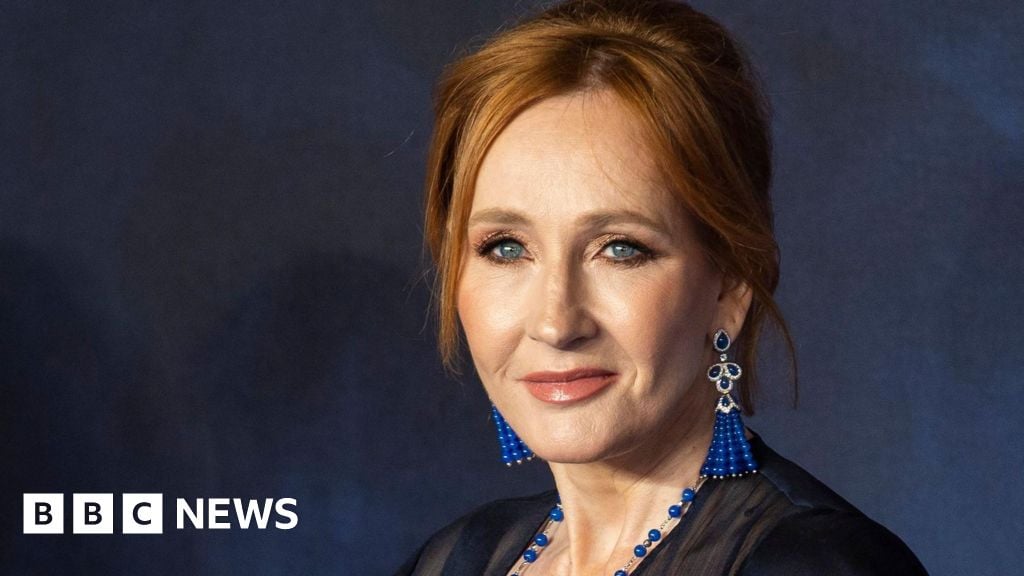JK Rowling has challenged Scotland’s new hate crime law in a series of social media posts - inviting police to arrest her if they believe she has committed an offence.
The Harry Potter author, who lives in Edinburgh, described several transgender women as men, including convicted prisoners, trans activists and other public figures.
She said “freedom of speech and belief” was at an end if accurate description of biological sex was outlawed.
Earlier, Scotland’s first minister Humza Yousaf said the new law would deal with a “rising tide of hatred”.
The Hate Crime and Public Order (Scotland) Act 2021 creates a new crime of “stirring up hatred” relating to age, disability, religion, sexual orientation, transgender identity or being intersex.
…
Ms Rowling, who has long been a critic of some trans activism, posted on X on the day the new legislation came into force.



No it just revealed her beliefs to a wider audience. Twitter like all social media doesn’t bring out anything - it’s just a lens that gives the viewer a perspective they might never have seen and these view are then amplified by others who share them. Rowling was always this person, social media just allowed her to share and amplify her views.
I disagree. Social media and the “contrarian” attitude they carry, especially Twitter, can help consolidating and radicalizing your opinions. You get exposed to a very toxic way to carry out conversation (especially on Twitter, where you have constant dogpiling and wannabe famous people who try to “blast” others) so that if they are the only places you discuss about certain subjects, can bring you to shift your views as well.
I am not saying this is the case for J.K. Rowling (I don’t know), but I don’t think we can immediately discard the idea that the dynamics of the medium also affected the result.